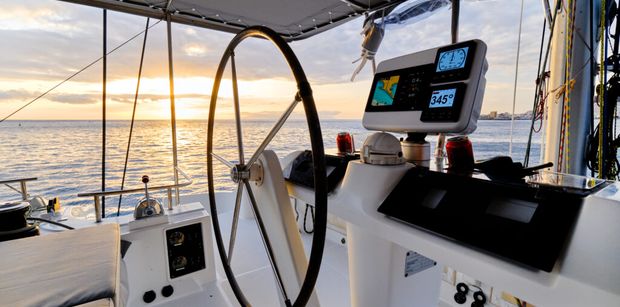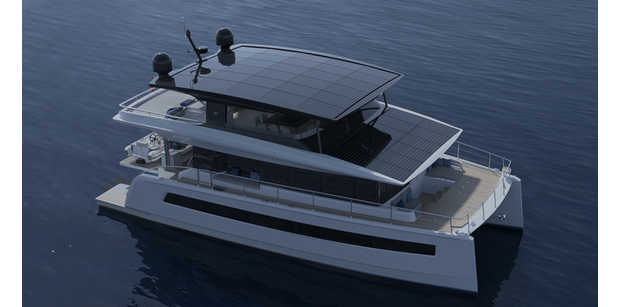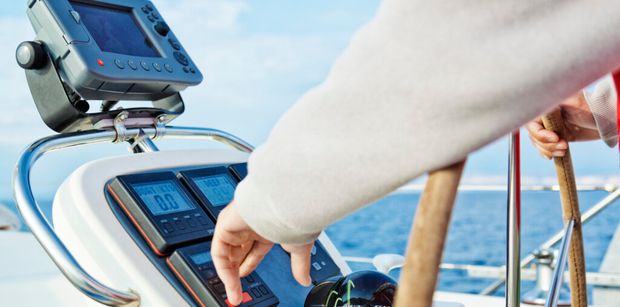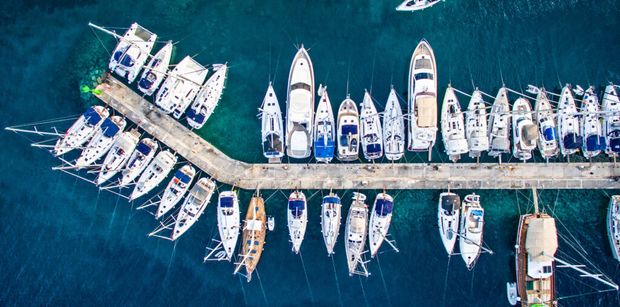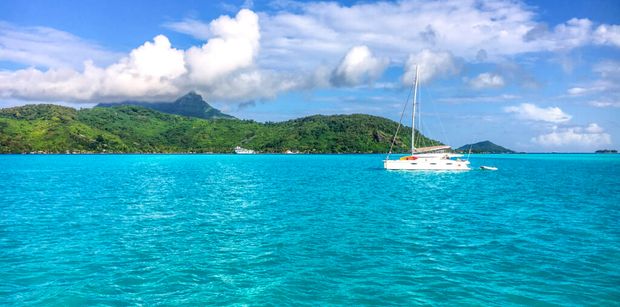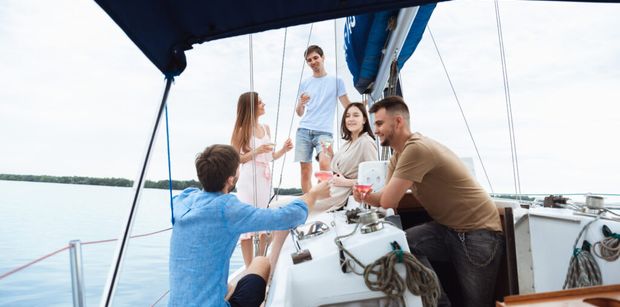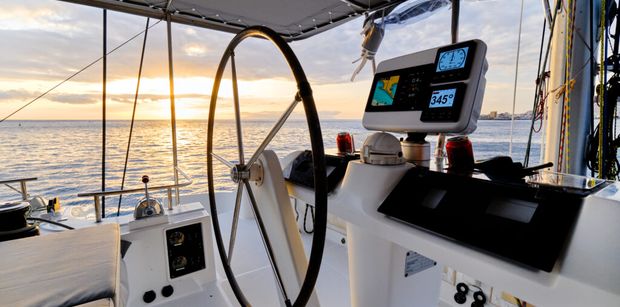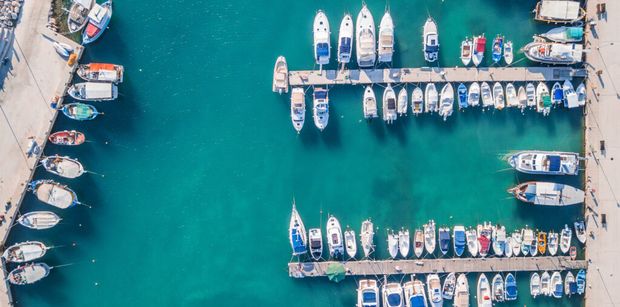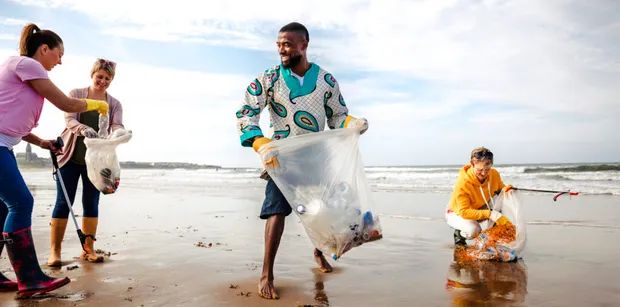The boating industry has been improving its sustainability credentials. However, it is a challenging and confusing landscape to navigate due to the complexity of the topic and solutions and the difficulty in defining and explaining it.
At Boatbookings, we understand there is a lot of jargon to untangle to provide a clearer understanding of the problems, solutions, and steps we can take to help pave a better pathway to the future.
Here, we have outlined some of the terminology related to this topic:
Sustainability
This is a broad and complex topic. It refers to actions, processes, or systems that can be maintained or continued over the longer term without depleting natural resources or causing harm to the environment. Sustainability considers economic, social, and environmental factors.
Eco-friendly
When something is referred to as ‘eco-friendly’, this focuses on the products, practices, or lifestyles with minimal environmental impact. The emphasis is on reducing environmental harm, often through environmentally friendly materials, processes, or energy sources.
Biodegradable
When something will eventually decay into smaller and smaller pieces by natural processes, this means that it is biodegradable.
Carbon footprint
This measures the total amount of greenhouse gases, specifically carbon dioxide, emitted directly or indirectly by an individual, event, organization, or product throughout its lifecycle. The carbon footprint quantifies the impact of human activities on the environment in terms of their contribution to climate change.
Carbon Neutral
If something is carbon neutral, it means that carbon reduction efforts offset the carbon emissions produced during its life cycle. This can be achieved through reducing carbon emissions followed by carbon credit offsetting. At Boatbookings, we have our carbon calculator to help work this out.
Net Zero
This is similar to carbon neutrality, but net zero encompasses all greenhouse gas emissions. Therefore, this is often used on a broader scale. Net zero means that the boat, product, or company in focus produces as much greenhouse gas emissions as it removes from the atmosphere.
Carbon Offsetting
A process to compensate for the carbon dioxide and other greenhouse gas emissions created by participating in schemes designed to make equivalent reductions of gases in the atmosphere. Using our carbon emissions calculator can help keep you accountable for your boating activities.
Circular Economy
This economic system is designed to eliminate waste and promote the continual use and recycling of resources to create a closed-loop system.
While this is not an exhaustive list, we hope you found this helpful! We continue to put the future of the boating industry at the forefront of our commitment. Contact us about one of our greener-crewed charter catamarans today.

